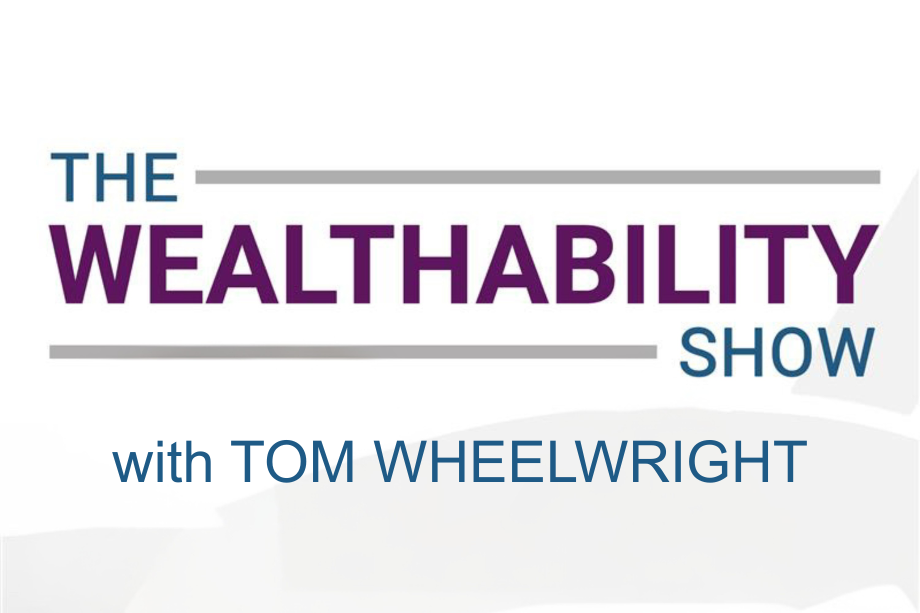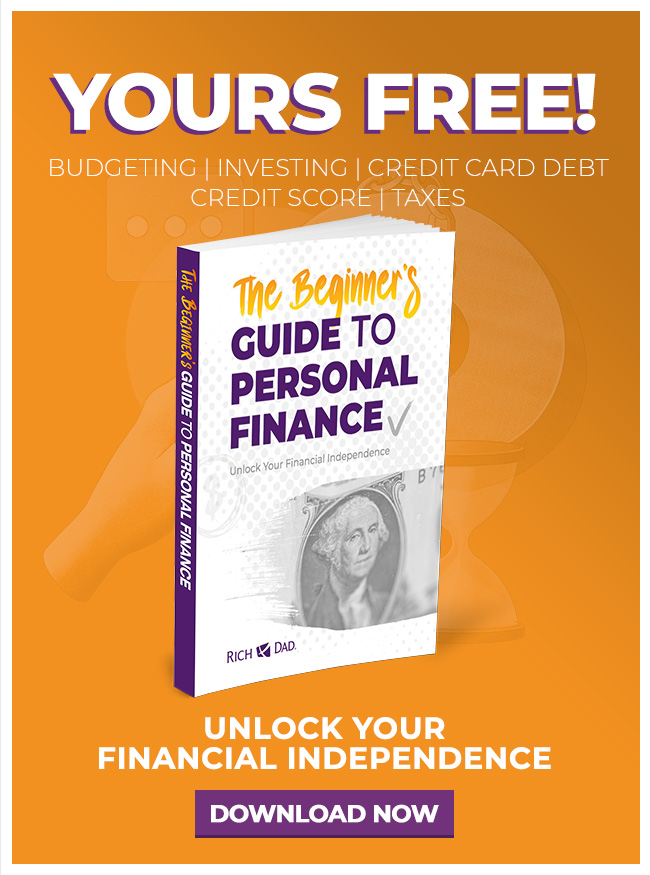(The following content was originally created by our partner at Real Vision. You can read it in it’s original format here.)
We’re covering why it’s so important to challenge your own biases in this rapidly evolving world.
Our experts today are Real Vision co-founder Damian Horner and markets analyst Jamie McDonald. As Damian puts it, “it’s time to forget everything you think you know.”
In this issue, we’ll cover 3 things:
Recognizing our biases
Filtering information in the Information Age
How to trick yourself into contrarian thinking
By recognizing your own biases, you’ll avoid making decisions based on faulty assumptions and emotions, relying instead on rational, rules-based thinking. And that’s a head start in this game of investing.
Error: Campaign not found.
Let’s dig in.
LEVEL 1 — The Biases
Biases in investing lead to lazy assumptions and overlooked risks. The most common biases in investing include:
Confirmation bias — where you seek out information that confirms your preexisting beliefs.
Overconfidence bias — where you believe your abilities or knowledge are superior to others.
Herd mentality — where you follow the crowd without relying on your own analysis.
According to Jamie, understanding “framing bias” — how and why information is presented to us, and how we process it — is also pivotal.
“The way things are framed makes such a difference to our perception,” he says. “You have to try to cut out the noise.”
Level 2 — The Information Age
The financial world is rapidly changing. Information has been democratized and investors are less reliant on the gatekeepers.
But democratized information also means democratized misinformation.
“There’s too much information these days,” says Damian. “You’ve got to find sources you can trust and study information that makes you question your own opinions.”
Information overload can set in leaving most of us retreating to what we think we know. Jamie says this safety mechanism leads to missed opportunities and uncalculated risks.
“As investors it’s our job to not only consume the information that confirms our bias, but more importantly, study the information that makes us question our opinion.”
Level 3 — Contrarian Thinking
Even small changes to your daily routine will help challenge your confirmation biases.
Read a different newspaper every day instead of settling for the same source.
Mix up your daily exercise routine to keep your mind and body guessing.
Cook a recipe that you would never normally try.
Stepping outside our comfort zones forces us to abandon our ego.
“You need to admit that,” says Jamie. “The market is smarter than all of us, and the best investors are humble enough to admit when they’re wrong.”
This points to one strategy that challenges our own biases and herd mentality: contrarian investing.
“Following consensus feels like what we’re supposed to do, but thinking for yourself is what makes you a great trader in the long run,” says Jamie. “If you’re a contrarian, you’ll make money over time.”
Error: Campaign not found.



